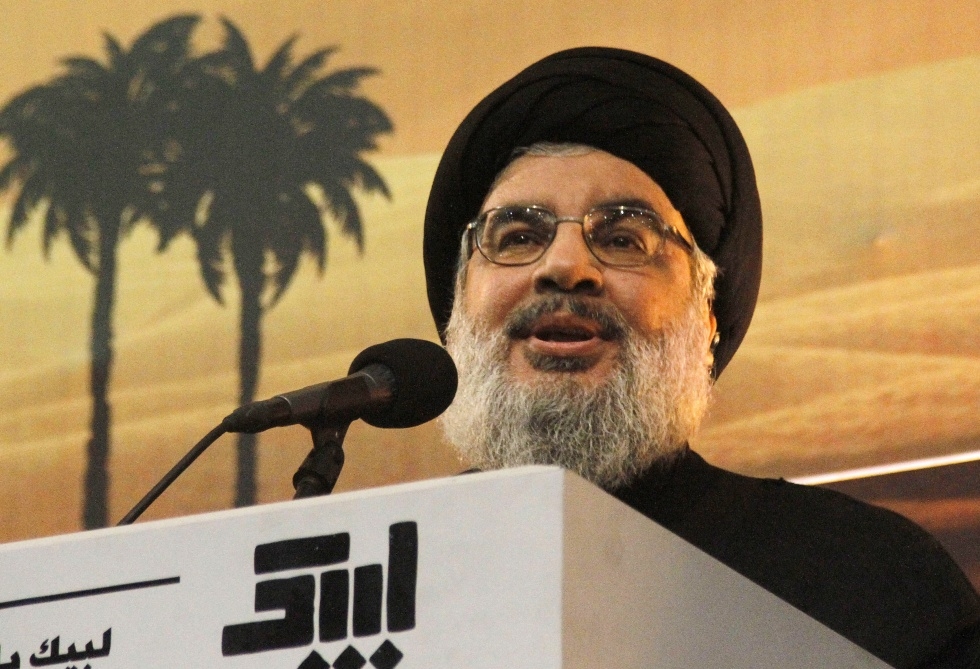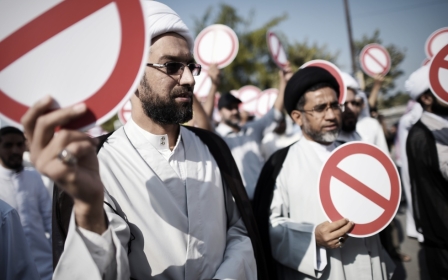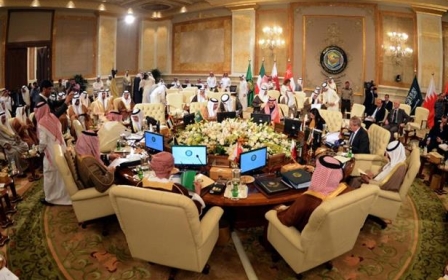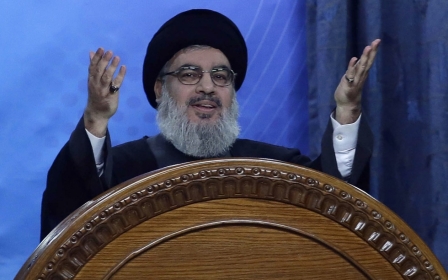Diplomatic spat over accusations of demographic engineering in Bahrain

The Lebanese ambassador to the UAE has been sanctioned over comments made by a Lebanese militant leader about close UAE ally Bahrain.
Hassan Nasrallah, who leads the Shi’ite armed group Hezbollah, gave a televised speech last Friday in which he slammed the tiny Gulf kingdom of Bahrain over its recent policies.
Nasrallah, who on Wednesday warned that Hezbollah has “all imaginable types of weapons” to be used against Israel, last week accused Bahrain of being a “second Israel”.
According to the militant leader, who spoke on Hezbollah's al-Manar television channel, native Bahrainis are being “swamped” by an influx of foreigners entering the country.
He claimed that authorities in Bahrain, who hail from the minority Sunni community, have been pursuing a policy of giving foreign Sunni Muslims Bahraini nationality in the hope of shoring up support for the ruling family.
Bahrain has long been accused of pursuing a sectarian policy of naturalising Sunni Muslims from countries like Bangladesh and Pakistan, while also allegedly revoking the citizenship of Shi’ite nationals.
In his speech on Friday, Nasrallah also denounced Bahrain’s continued detention of Sheikh Ali Salman, the leader of opposition party al-Wefaq who was arrested on 28 December after leading protests against elections the month before.
“The arrest implies that the Bahraini authorities have reached a dead end, and that all its attempts [to quell protests] have failed,” the leader said in a speech that lasted over an hour.
Bahrain sentenced an opposition MP from al-Wefaq to six months in prison on Tuesday, after he sent a Tweet alleging that authorities bribed candidates to take part in recent parliamentary elections.
Nasrallah, who has also spoken out against the “Sunni takfiri militants” who launched last week’s attacks in Paris, said the authorities in Bahrain could no longer deny the people their “legitimate” rights.
“The people of Bahrain are calling for rights. The most basic [of those] includes an elected parliament that the people choose and not a parliament half of whose members are selected."
In the wake of the speech, the Lebanese ambassador to Bahrain was summoned to answer questions about the “hostile statements made by a terrorist organisation”.
The Gulf state’s news agency said Nasrallah’s remarks amounted to an incitement to violence and terrorism.
On Wednesday, the UAE followed suit, summoning the Lebanese ambassador over Nasrallah’s “hostile statements” and presenting him with an official note of protest.
Hezbollah is currently engaged in fighting on the side of Syrian President Bashar al-Assad during the entrenched civil war in Lebanon's neighbour.
Nasrallah plays no official role in the Lebanese state, though he did use a speech at a religious rally last year to endorse a presidential candidate, Michel Aoun.
New MEE newsletter: Jerusalem Dispatch
Sign up to get the latest insights and analysis on Israel-Palestine, alongside Turkey Unpacked and other MEE newsletters
Middle East Eye delivers independent and unrivalled coverage and analysis of the Middle East, North Africa and beyond. To learn more about republishing this content and the associated fees, please fill out this form. More about MEE can be found here.




